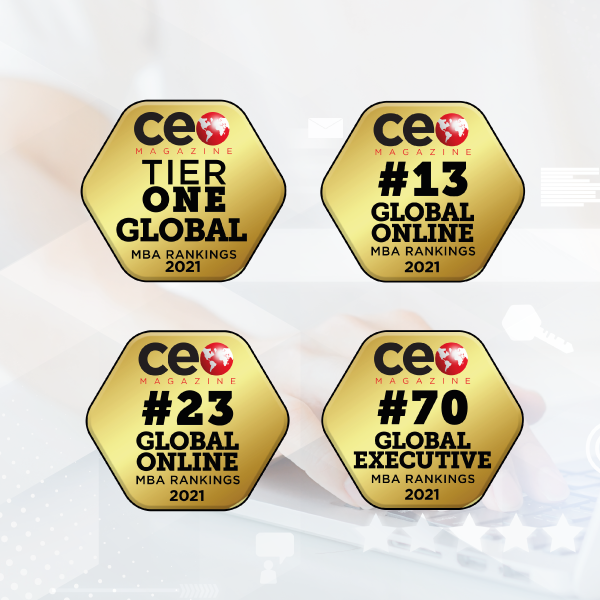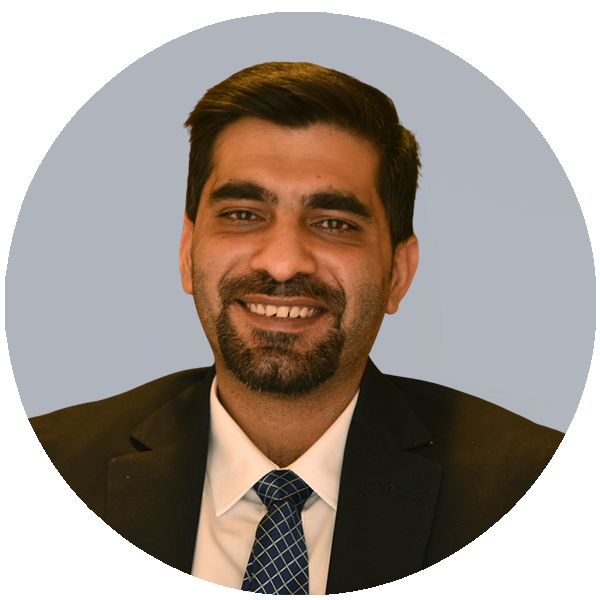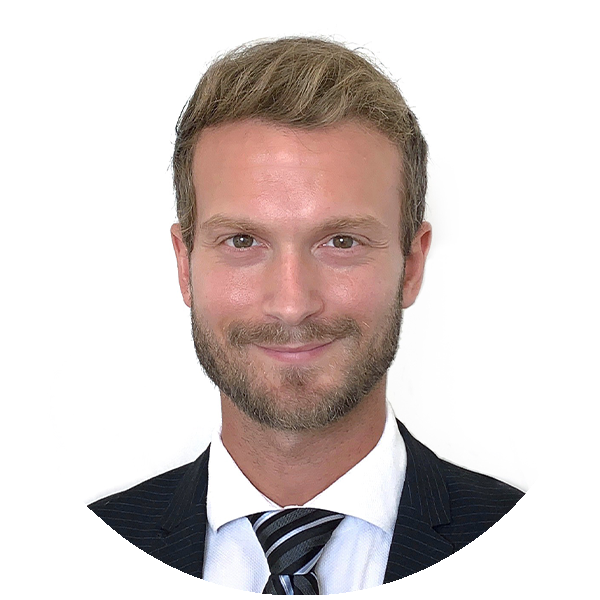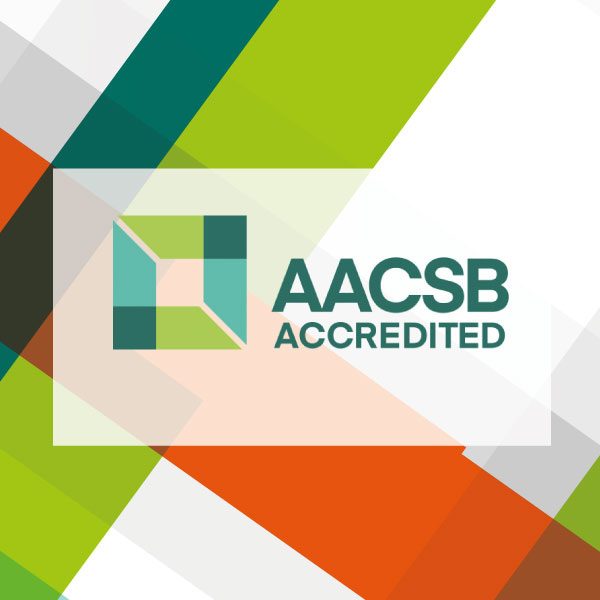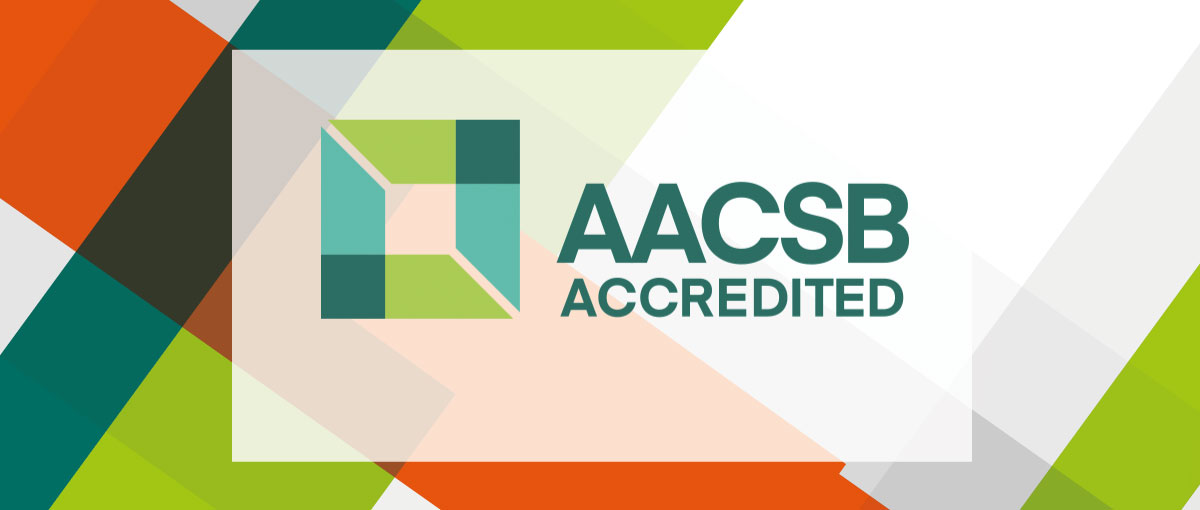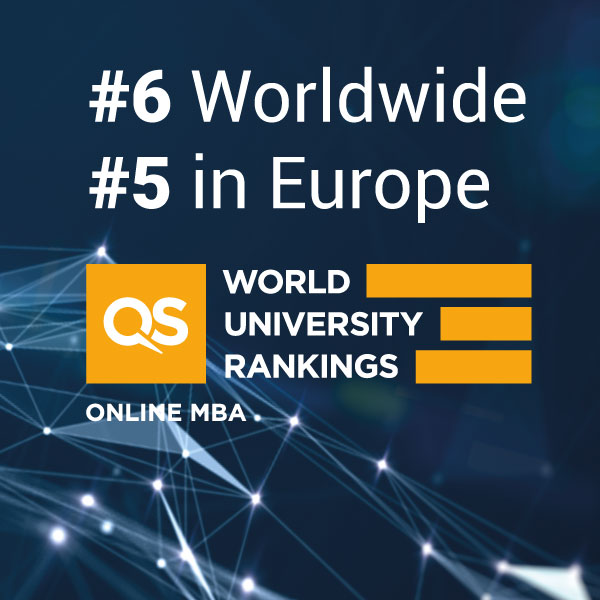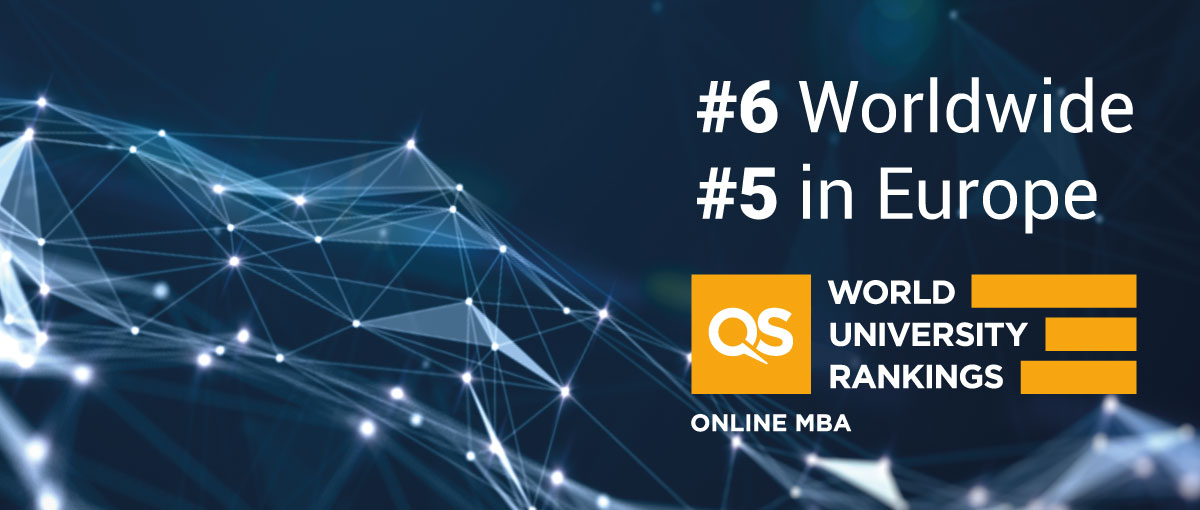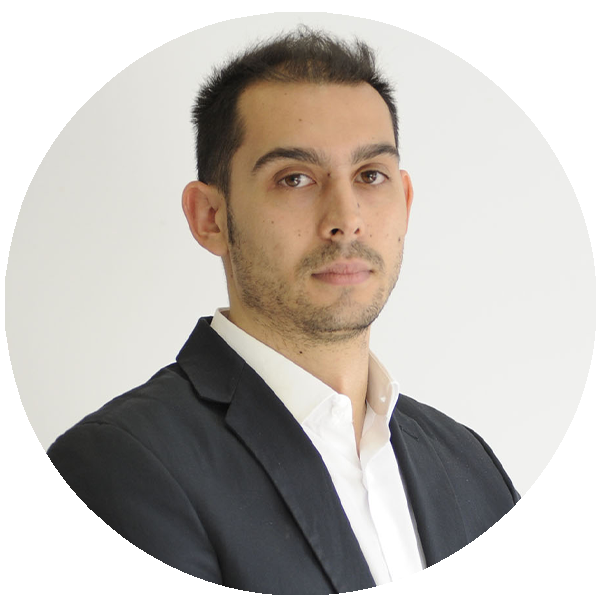
As every email introduction has reminded us in 2020, we’re living in “unprecedented times”. Covid has hit us this past year, and it hit us hard.
The last analysis of the World Labor Organization reports an increase of unemployed people of 33 million at worldwide level. This scenario obviously affects the dreams of career growth of many young people, since a phase of recession brings lower revenues for companies. Therefore, the budget for new hires and/or for the growth of employees gets lower and lower. Besides, for entrepreneurs, a stagnant economic situation can only be reflected in greater risks.
We might think that such a condition could heavily impact applications for postgraduate programs, such as the Master in Business Administration (MBA). But that is not the case.
With the pandemic recession in full bloom, business schools all over the world are instead reporting enormous increases (most times double-digit!) in applications. Why?
The reason is quite simple: until last year, the economy was so strong that prospective MBA students saw plenty of opportunities in front of them without having to go back to school. When a recession kicks in, however, the opportunity cost of enrolling in an MBA and updating your skills goes down and applications zoom up.
We live in times of exponential change and this pandemic has hit fast forward on many trends, from e-commerce to workplace culture. As Albert Einstein once said:
“The measure of intelligence is the ability to change.”
And in the “unprecedented times” like the ones we’re living through, this ability to change will be more and more crucial. The “executives of the past” will no longer fit into this new environment. Dealing with remote teams, keeping motivation high, pushing delegation, working with a goal-oriented approach rather than a working-hours-oriented approach: these are only a few of the many skills needed right now, which the old generation of managers was not used to. A McKinsey study of 2020 stated that 14% of the workforce needs to be fully reskilled and 40% needs to be partially reskilled.
The results? The “old generation” of managers will have to make a choice: to change or to be replaced. It can seem easy, but to change, to reskill yourself, you need to get back in the game. You must question yourself and your previous knowledge.
And this is exactly what I did just over a year ago, when I enrolled in the MIP International Part-Time MBA.
Now, the question you probably want to ask me is: “Were you able to achieve this change?”
I’m not the one who should answer this, but from my perspective I would say “yes!”. I am studying in an international context and this is allowing me to deal with many professionals with different backgrounds and different ways of thinking. This is a great life-gym to learn how to work in a dynamic environment.
Furthermore, handling projects and assignments remotely with international teams allows you to exponentially improve your management skills, time optimization, goal setting and task scheduling − not to mention delegation and coordination skills.
Finally, we come to the topic of Covid and how it impacts MBA students. To talk about it I want to use a metaphorical version of the law of supply and demand (I promise not to go into complex discussions on the labor market, IS-LM curve, etc. You can find these topics much better written about in the Financial Times). As most of you already know, a simultaneous increase in demand (candidates for a job, in our case) and a reduction in the supply of this good (managerial positions, for example), physiologically leads to an increase in prices. What is this “metaphorical price” for us?
This price is the distinctive skills required by the market for managerial roles. In a nutshell, measuring the skills of a person from 1 (limited skills) to 10 (excellent skills), if previously a “7” would have been enough to take on a managerial role, right now you will probably need a “9”. And a 7-to-9 gap is an important gap!
An MBA can help fill it, enabling you to become more and more frequently that “ideal candidate” that companies are (or will be) seeking with increasing selectivity.
So, let’s try to look at the silver lining here: Covid has brought enormous obstacles, but it has also created new opportunities that we must be able to exploit. It shuffled the cards. The previous game (the pre-Covid situation) is now over and, as an old saying goes: ”Once the game is over, the king and the pawn go into the same box”. Well, if right now we think we’re pawns, let’s try to work and study to be the next king.
About the author
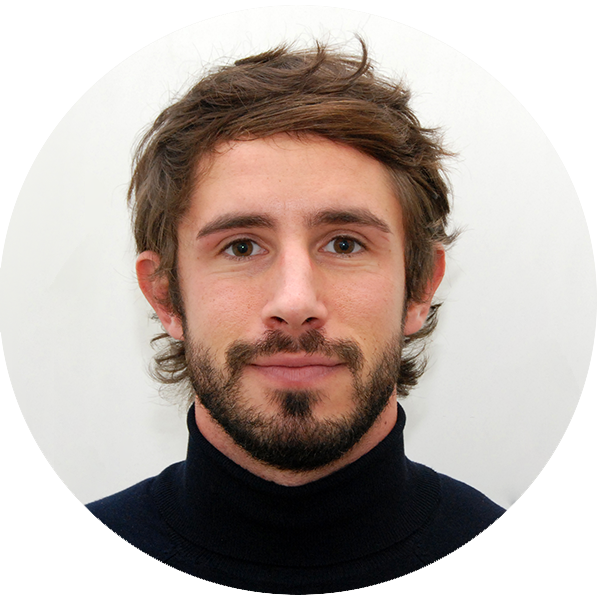
|
Marco Di Salvio
Student of the International Part Time MBA at MIP Politecnico di Milano.
Industrial Engineer currently working @ Gucci as WW Supply & Demand Planner, based in Florence.
Tech passionate, Cinema-lover, Sports addicted.
Solving the world’s problems one spreadsheet at a time. |
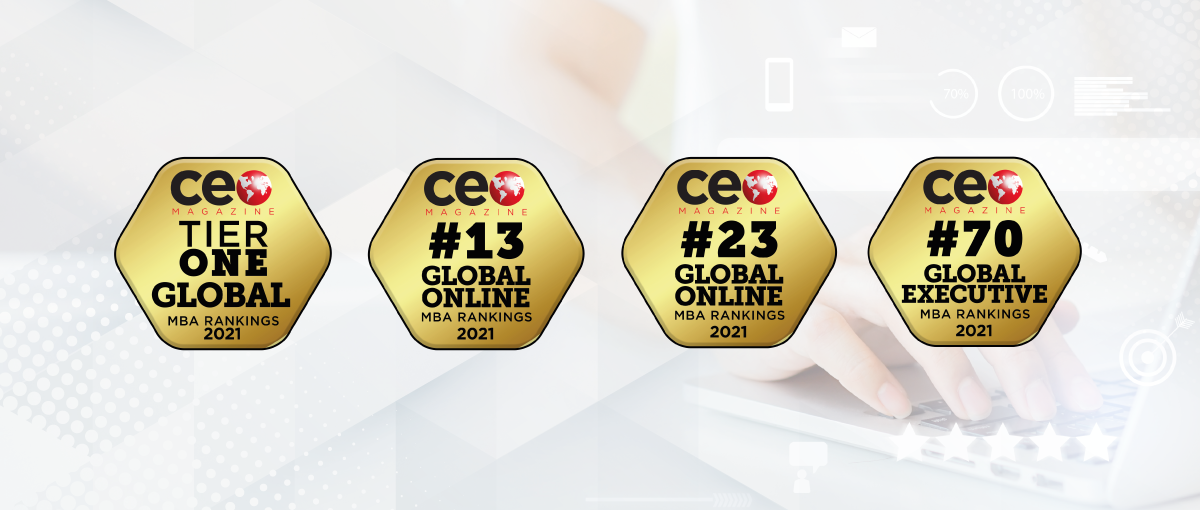 Once again, Politecnico di Milano School of Management MBA programmes have been ranked in the CEO Magazine’s Global MBA Rankings.
Once again, Politecnico di Milano School of Management MBA programmes have been ranked in the CEO Magazine’s Global MBA Rankings.